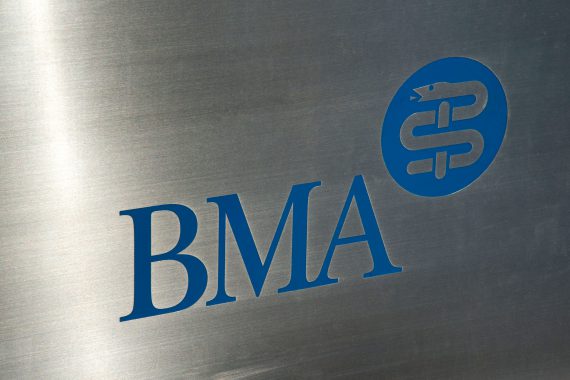More than 80% of GPs say workload is harming patient safety

The GPC will negotiate with NHS England on enhanced community nurse provision to manage older patients in the community, mental health workers for GP practices and help with promoting self-care for patients following a major survey of its membership.
The survey of 5,000 GPs revealed that 64% of GPs wanted more nurses to care for housebound patients in a bid to reduce workload pressures, which they said were causing a risk to patient safety.
The is the first survey launched after the GPC announced in August that it would not ballot members on potentially submitting undated resignations or industrial action but instead ask ‘grassroots GPs for their views on future negotiations with the Government’.
The GPC chair said that the proposals had come from the GP themselves, and GPC was looking to ‘design general practice upon the views and wishes of GPs’.
This is the first in a series of publications of survey results which the GPC will use to make it clear to the Government that there is a crisis in general practice.
It found:
- 57% of GPs find workload pressures excessive, at times preventing them from providing quality and safe care;
- A further 27% found workload excessive which ‘significantly prevents’ them from offering quality and safe care;
- only 10% of GPs think workload is manageable.
Respondents were asked which proposals to alleviate the crisis they most supported. It revealed:
- 64% of GPs suggested ‘increased provision of enhanced community nurses to manage vulnerable housebound patients’;
- 59% wanted more support to help patients self-care safely;
- 53% wanted more community mental health workers.
Dr Chaand Nagpaul, GPC chair, told Pulse that ‘many of these priorities actually are in the BMA’s Urgent Prescription‘ and these proposals ‘have come from GPs themselves, therefore we need to design general practice upon the views and wishes of GPs.’
Dr Nagpaul added that GPC was in talks with NHS England about these measures.
He said: ‘We’re already in discussion with NHS England about how to take forward a national programme of patient self care.
‘We believe there needs to be provision of community nurses and we’re having dialogue about that through workforce meetings with NHS England and we want to see these nurses aligned to practices, not working separate to practices, but working to support practices.’
He added: ‘We want to ensure that the mental health workers that have been announced in the General Practice Forward View actually are going to be delivered to support pressures in general practice.’
But some GPs questioned how useful the survey will be.
Dr Paul Robin, chief executive of Berkshire, Buckinghamshire and Oxfordshire LMCs said: ‘The GPC is very fond of doing surveys. You often produce a result that you already knew. Whether confirming it formally is likely to convince the Government more than it currently is at the moment I somehow doubt.
The fact is that we need to be quite assertive with Government that the current demand made at the GP contract can’t be delivered under the funding flow that currently exists.’
Dr Jackie Applebee, chair of Tower Hamlets LMC, who proposed the motion for a ballot on undated resignations and industrial action in May said: ‘There is a shortage of community nurses and mental health workers, so this cavalry isn’t coming over the hill to aid GPs. The lack of social care is a huge problem.’
She said that ‘no one wants to take industrial action, but added: ‘As GPs I think that we should be doing more to make patients aware of all of this. The mood at LMC conference was certainly for a fightback, I am disappointed that the motion is not being acted on. Government aren’t listening.’
Pulse October survey
Take our July 2025 survey to potentially win £1.000 worth of tokens












